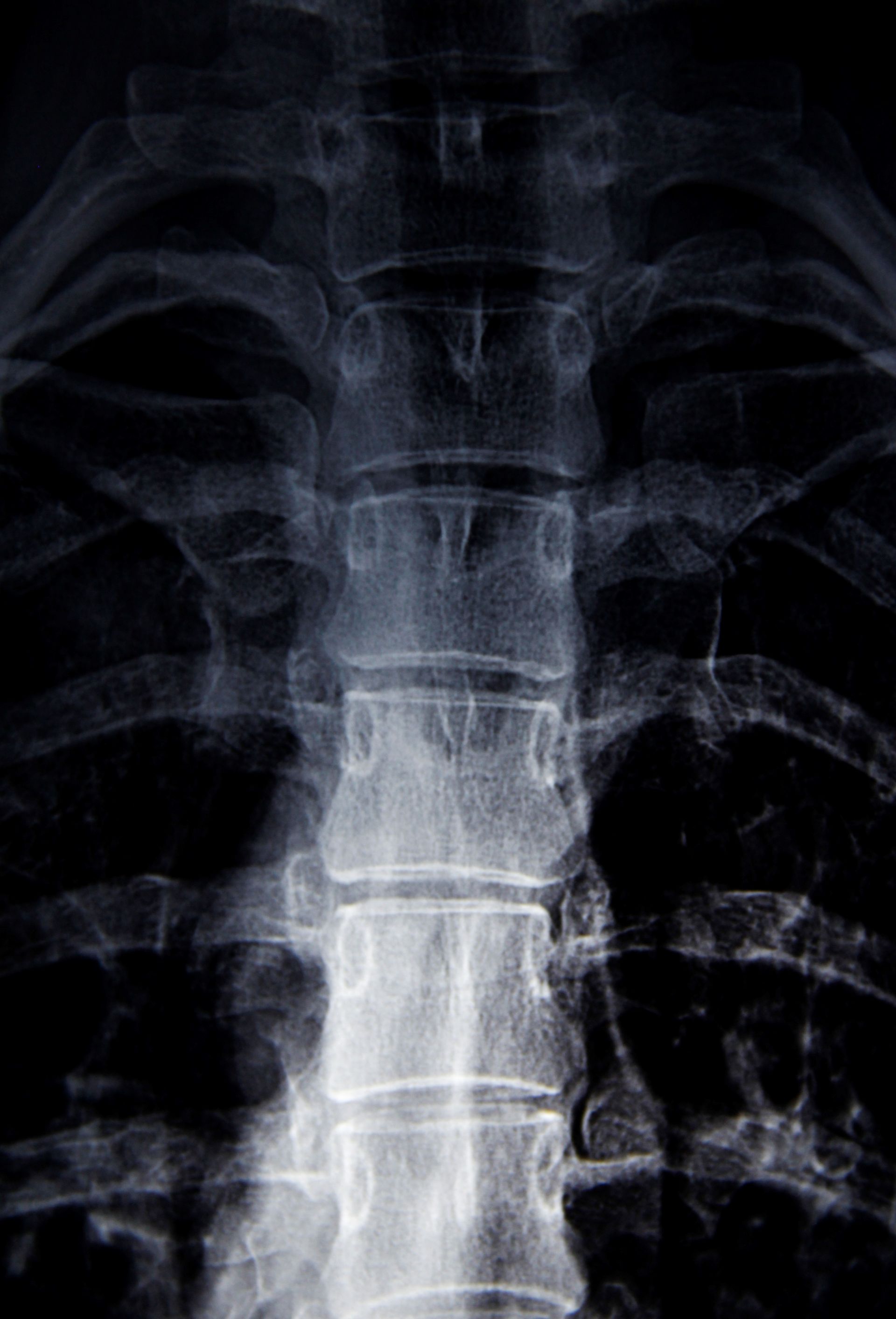Your Legal Guide to Brain Injury Compensation
Your Legal Guide to Brain Injury Compensation
Traumatic brain injuries (TBIs) are among the most devastating and misunderstood injuries a person can suffer. Whether caused by a car accident, fall, or a blow from a falling object, a brain injury can alter your ability to think, move, work, or live independently. If your injury was caused by someone else’s negligence, California law gives you the right to seek compensation. But filing a personal injury claim after a TBI involves specific steps—and getting them right is crucial to your recovery.
Step 1: Seek Medical Attention and Get a Diagnosis
The first and most important step is to seek immediate medical care. Brain injuries may not show obvious symptoms right away, but they can worsen quickly. Getting a prompt diagnosis and follow-up care not only protects your health but also establishes vital documentation that links your injury to the incident.
Ask your healthcare provider for detailed records, including scans, tests, and medical opinions. These documents are critical in building your legal claim.
Step 2: Identify the Cause and Liable Party
To file a personal injury claim, you must show that another party’s negligence caused your injury. That may be a distracted driver in a crash, a negligent property owner where you fell, or a company that failed to provide a safe work environment.
At Insider Accident Lawyers, we conduct thorough investigations to determine liability. This may involve reviewing incident reports, video surveillance, witness statements, or inspection records depending on the cause of the injury.
Step 3: Begin Documenting the Impact on Your Life
Brain injuries often affect memory, mood, concentration, and physical function. Keeping a journal to record your symptoms, emotional struggles, and lifestyle limitations can significantly support your case. Include details about missed work, daily challenges, and any changes in your relationships or independence.
We’ll use this information—alongside medical records and expert opinions—to show the long-term effects of your injury.
Step 4: Gather Evidence to Support Your Claim
In addition to medical records and personal documentation, we’ll help you compile other critical evidence to support your claim:
- Photographs of the accident scene
- Statements from doctors and specialists
- Testimony from family, friends, or coworkers
- Police or incident reports
- Expert analysis for future care costs
Our goal is to build a detailed picture of what happened and how it’s impacted your life—physically, emotionally, and financially.
Step 5: Calculate and Pursue Fair Compensation
A successful TBI claim may include compensation for:
- Medical expenses (past and future)
- Rehabilitation and therapy
- Lost wages and reduced earning capacity
- Pain and suffering
- Emotional distress and diminished quality of life
- Necessary in-home care or long-term assistance
We work closely with economists, medical professionals, and life care planners to ensure your settlement or verdict reflects the full scope of your needs.
Step 6: Let Your Attorney Handle the Legal Process
From negotiating with insurance companies to filing court documents, your attorney handles the legal legwork so you can focus on healing. If a fair settlement isn’t offered, we’re fully prepared to take your case to trial.
At Insider Accident Lawyers, we fight to ensure brain injury victims are not overlooked or undervalued. We understand the complexities of brain injuries—and we won’t stop until we’ve fought for the justice and financial support you deserve.
🧠 Injured Due to a Brain Trauma? Start Your Claim with Confidence.
If you or a loved one suffered a traumatic brain injury due to someone else’s negligence, don’t wait. Contact Insider Accident Lawyers today to schedule your free consultation.











